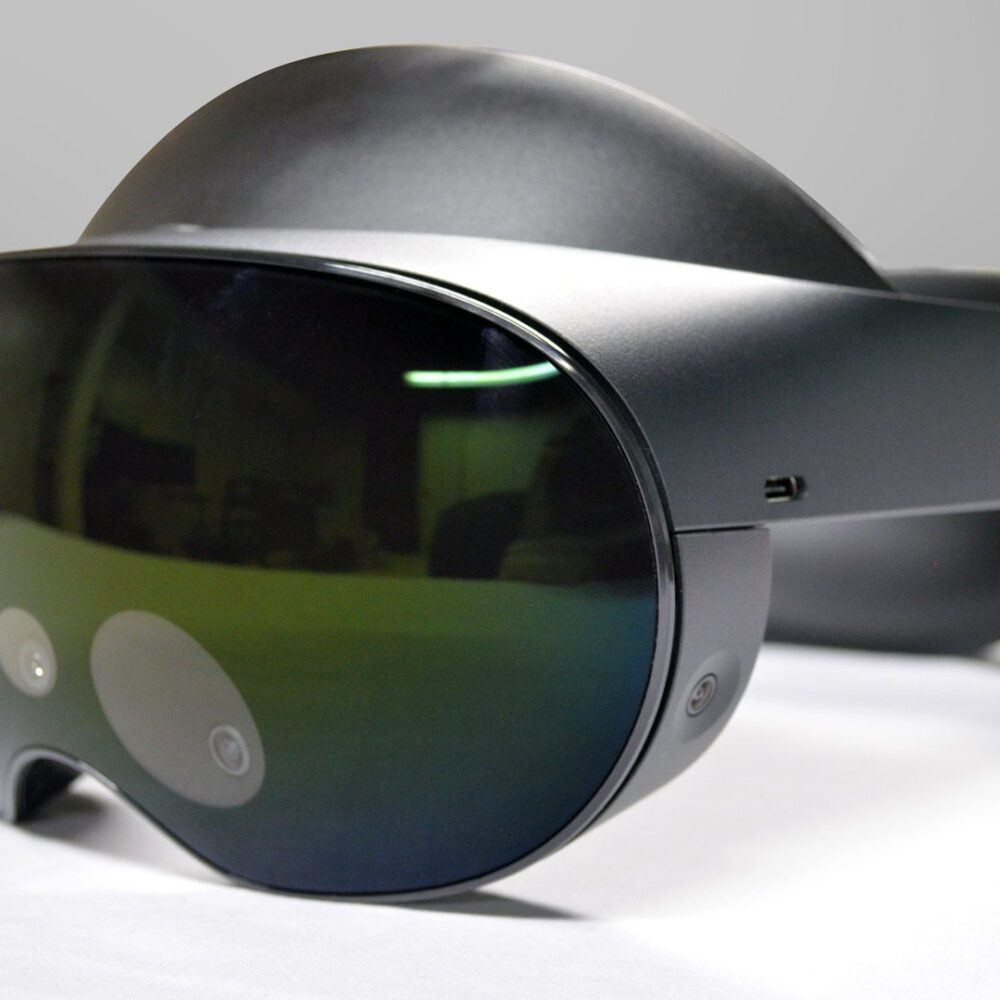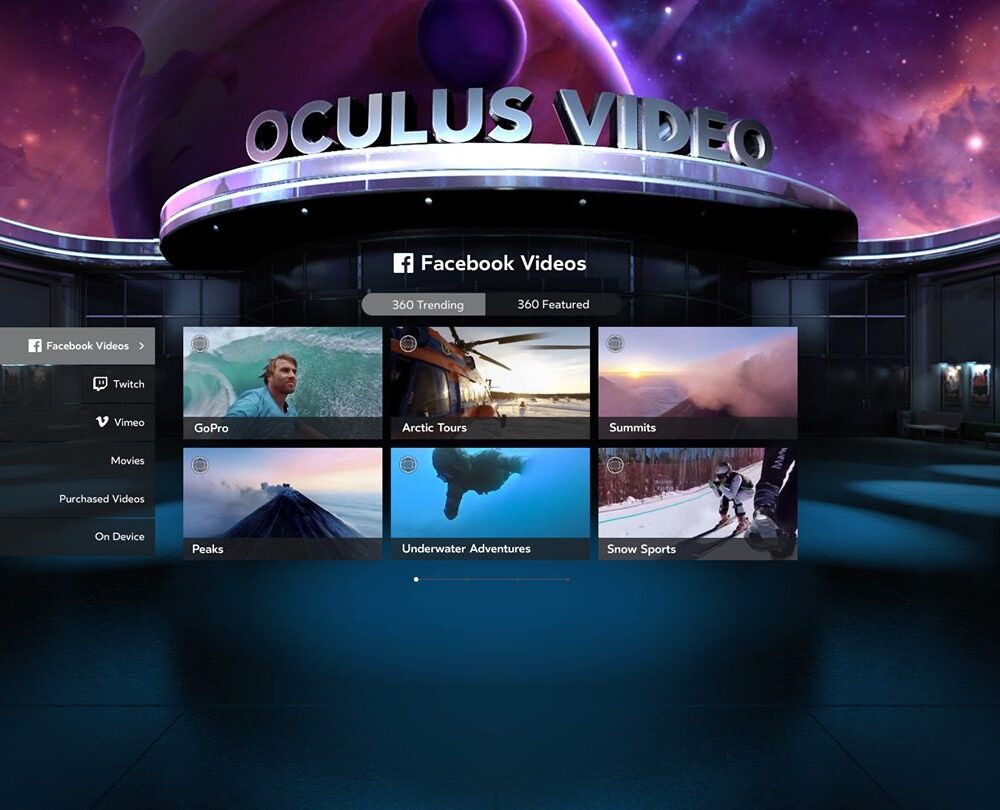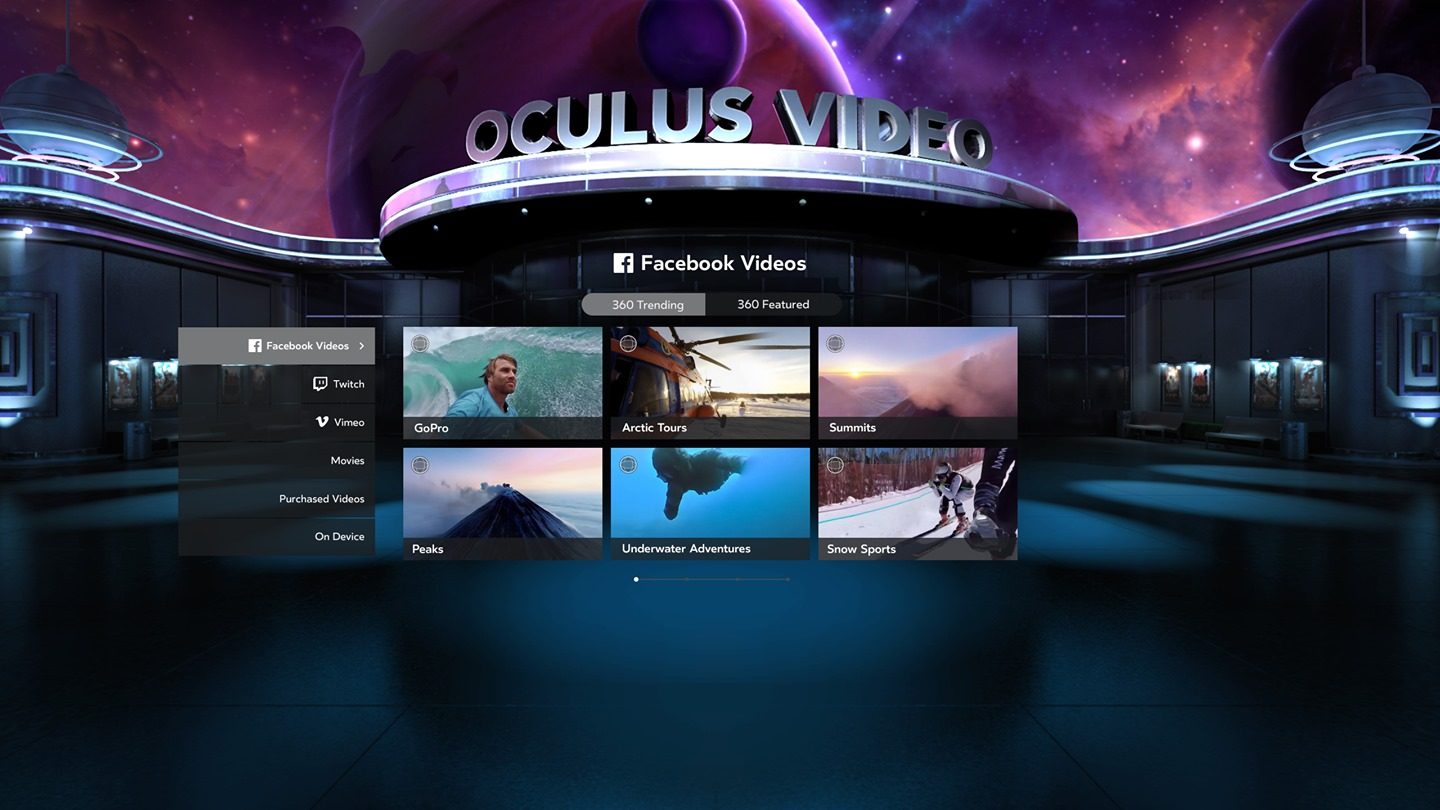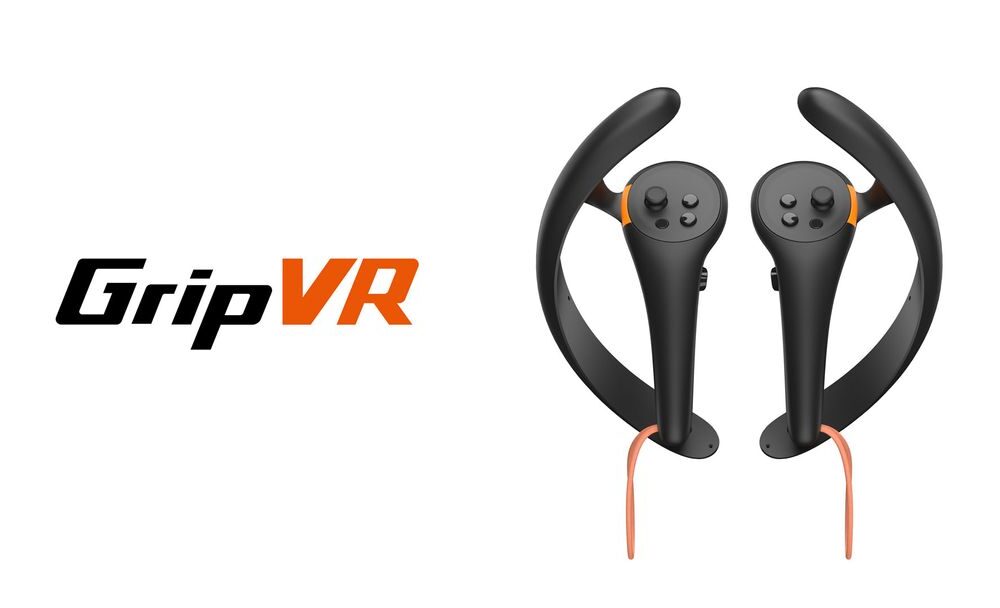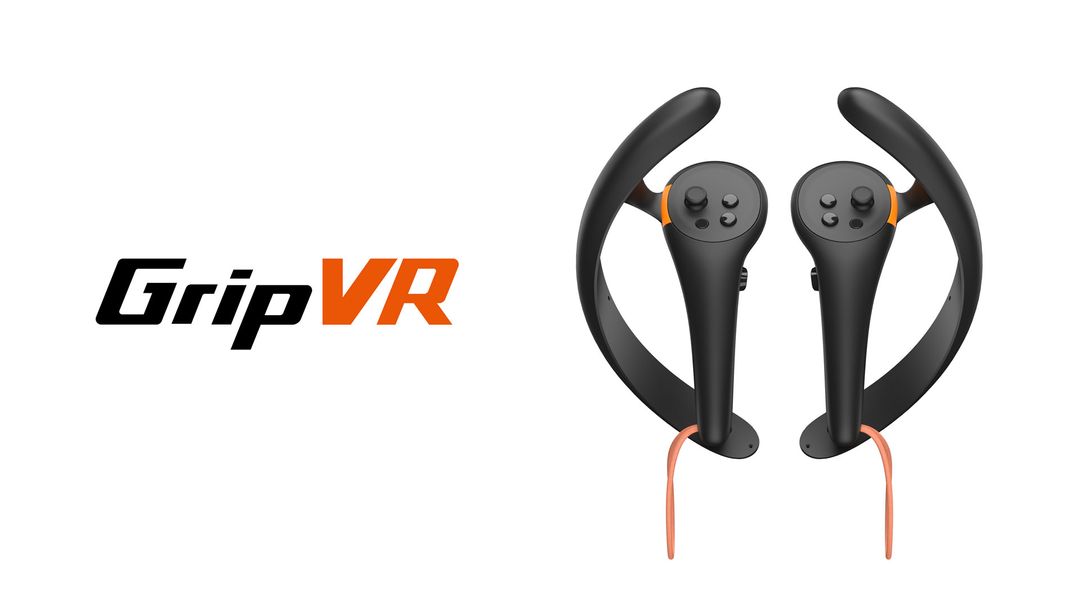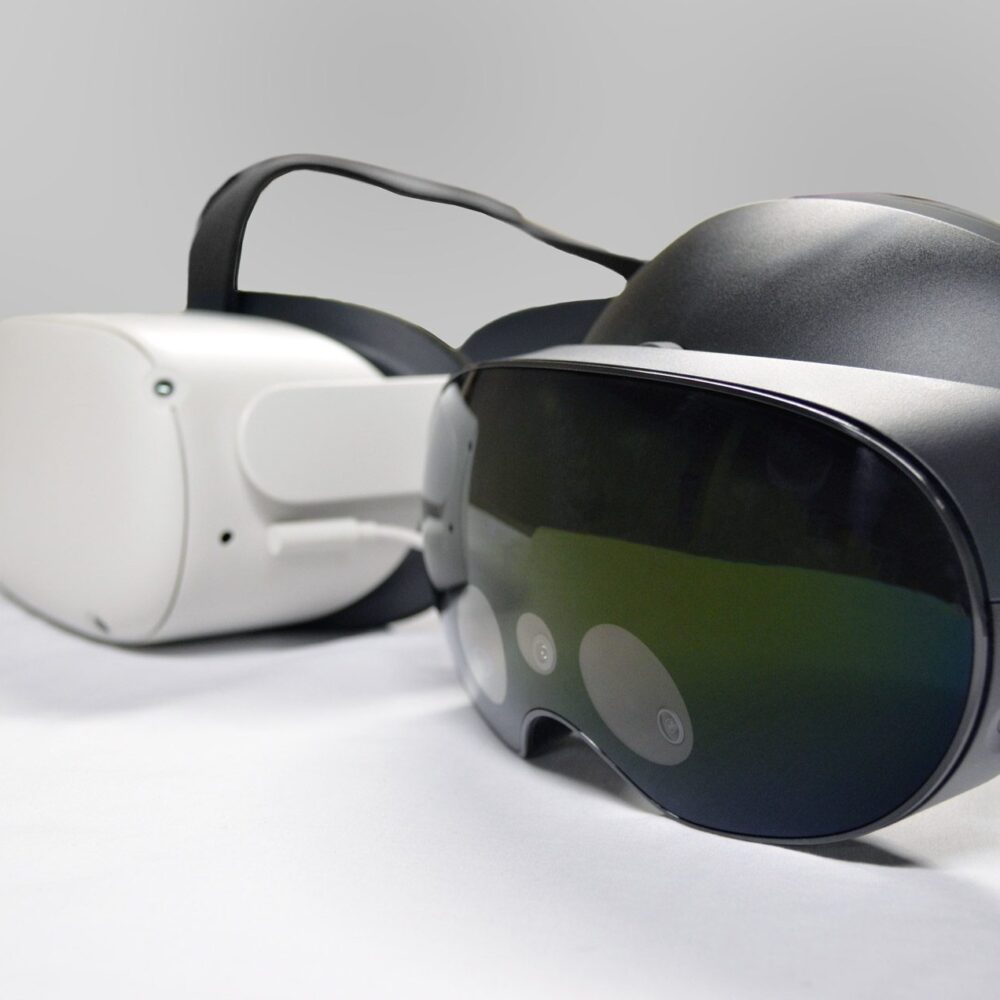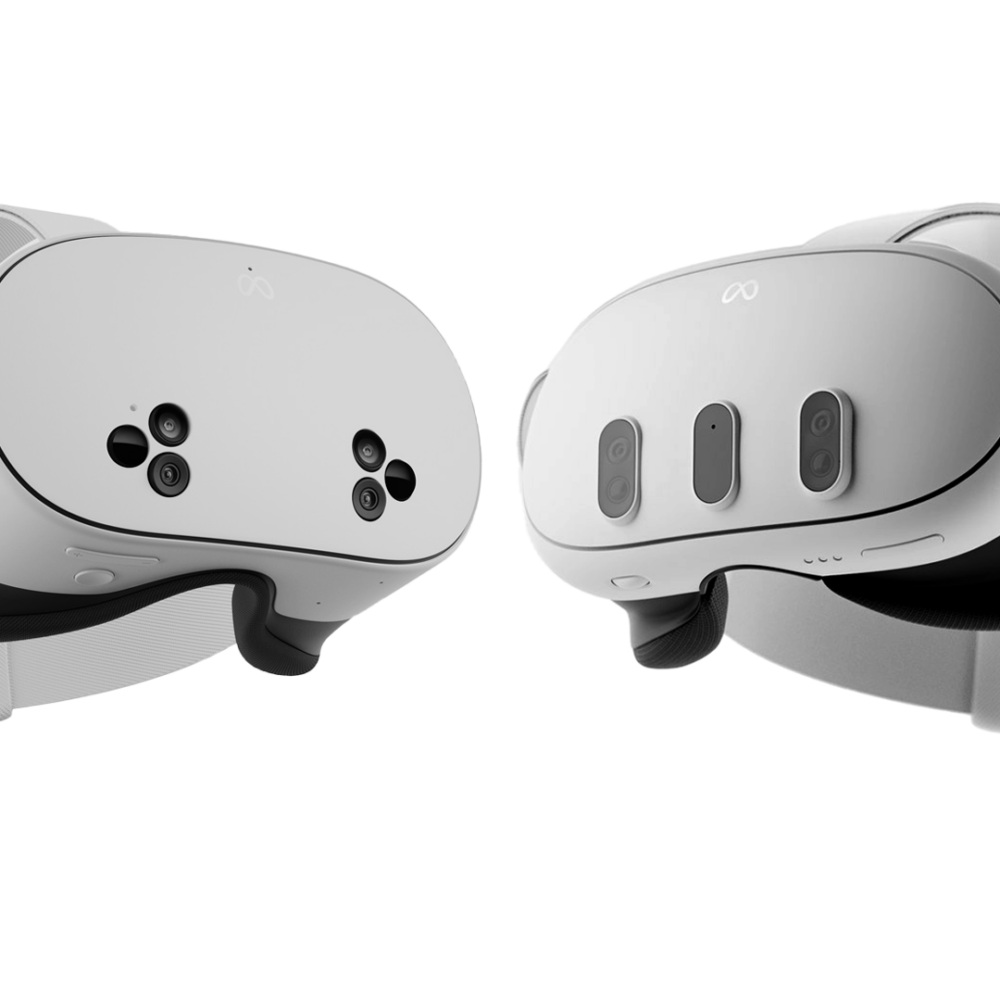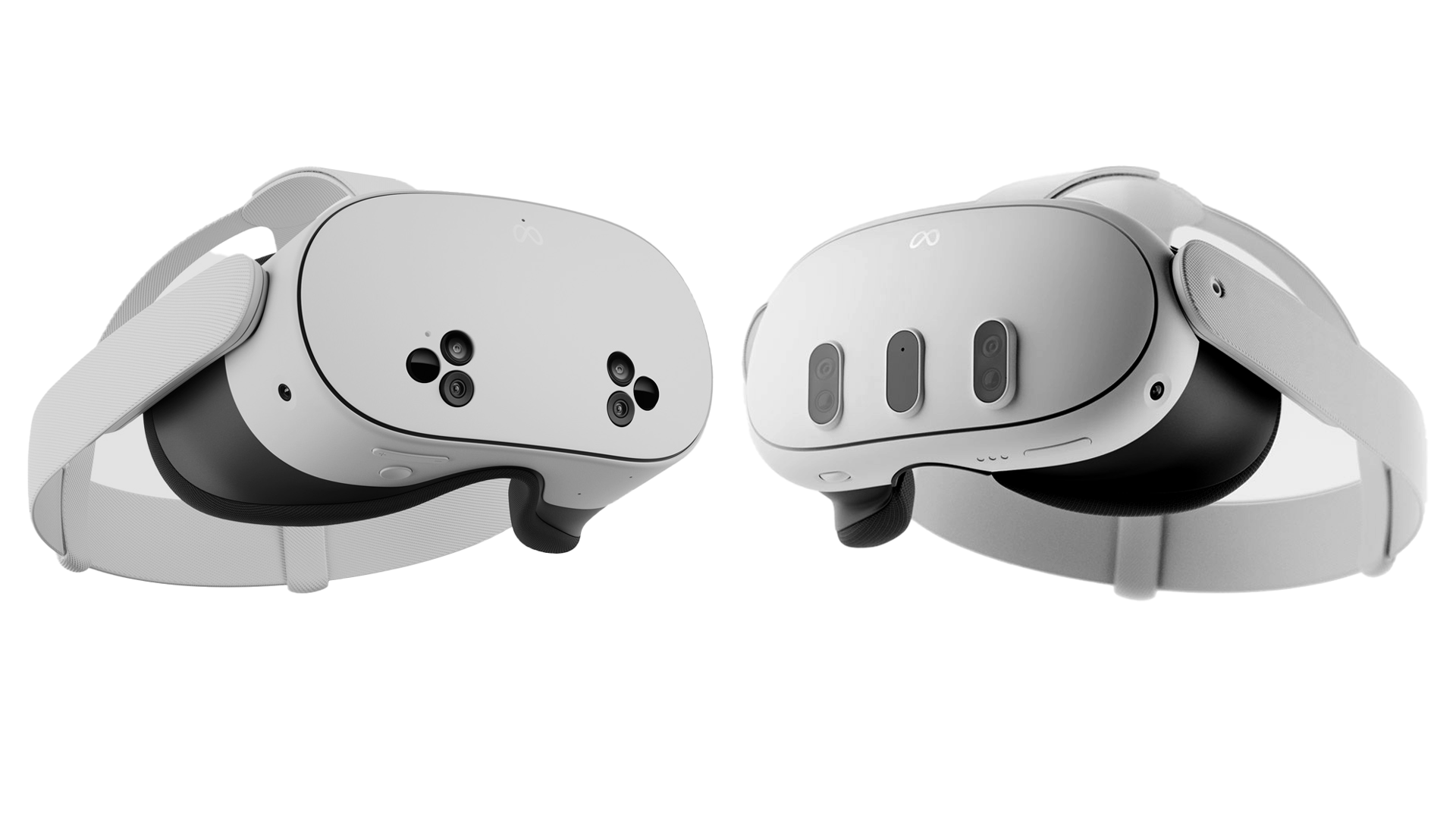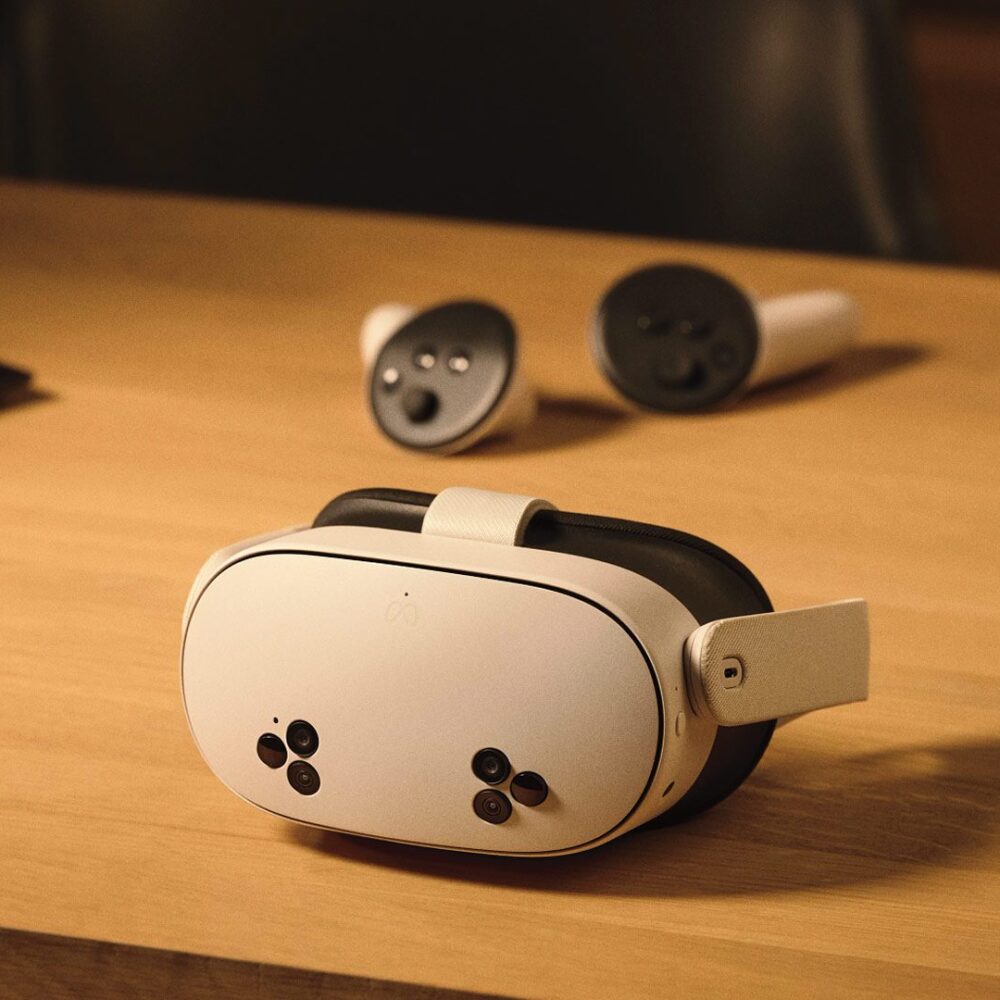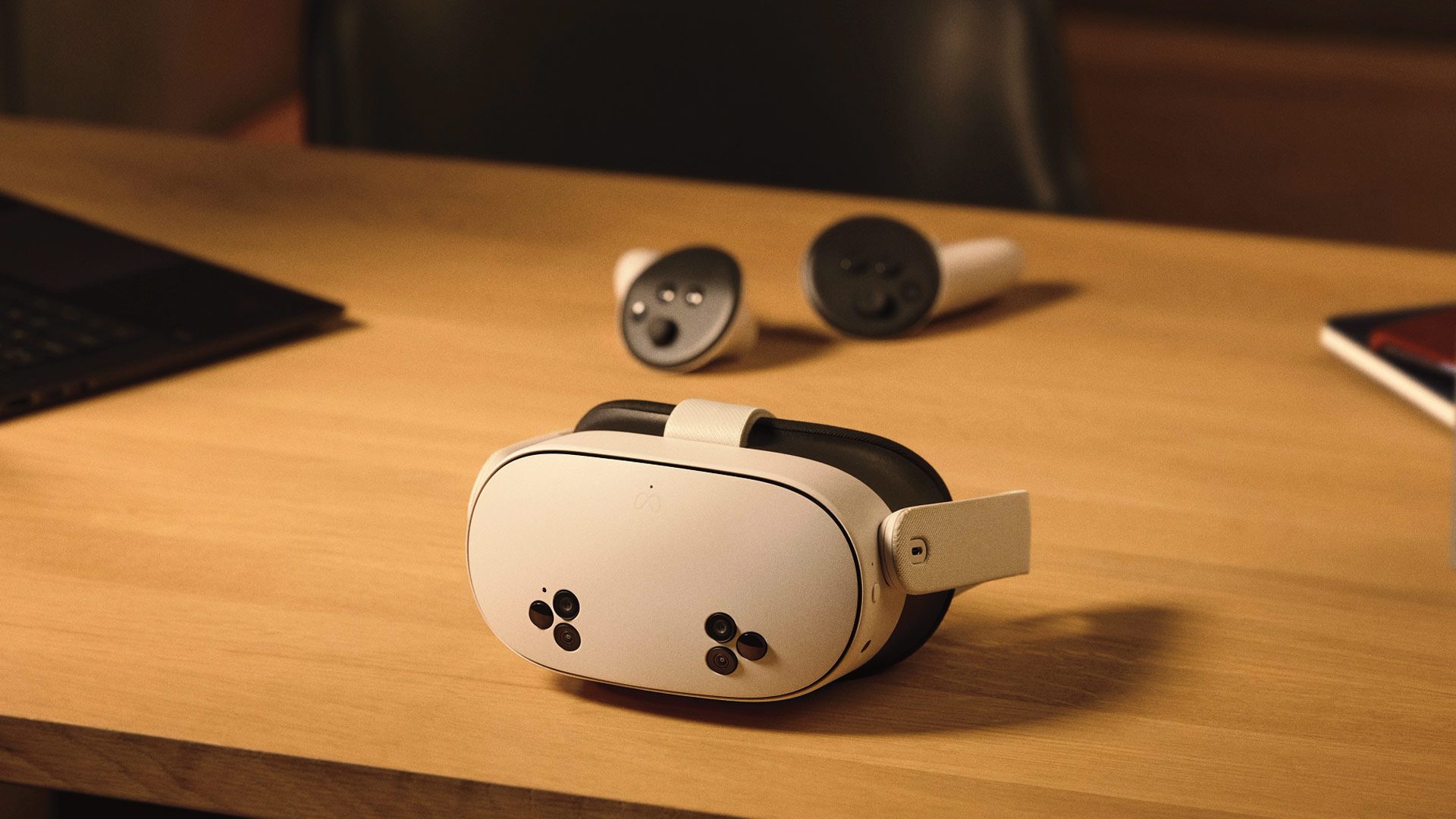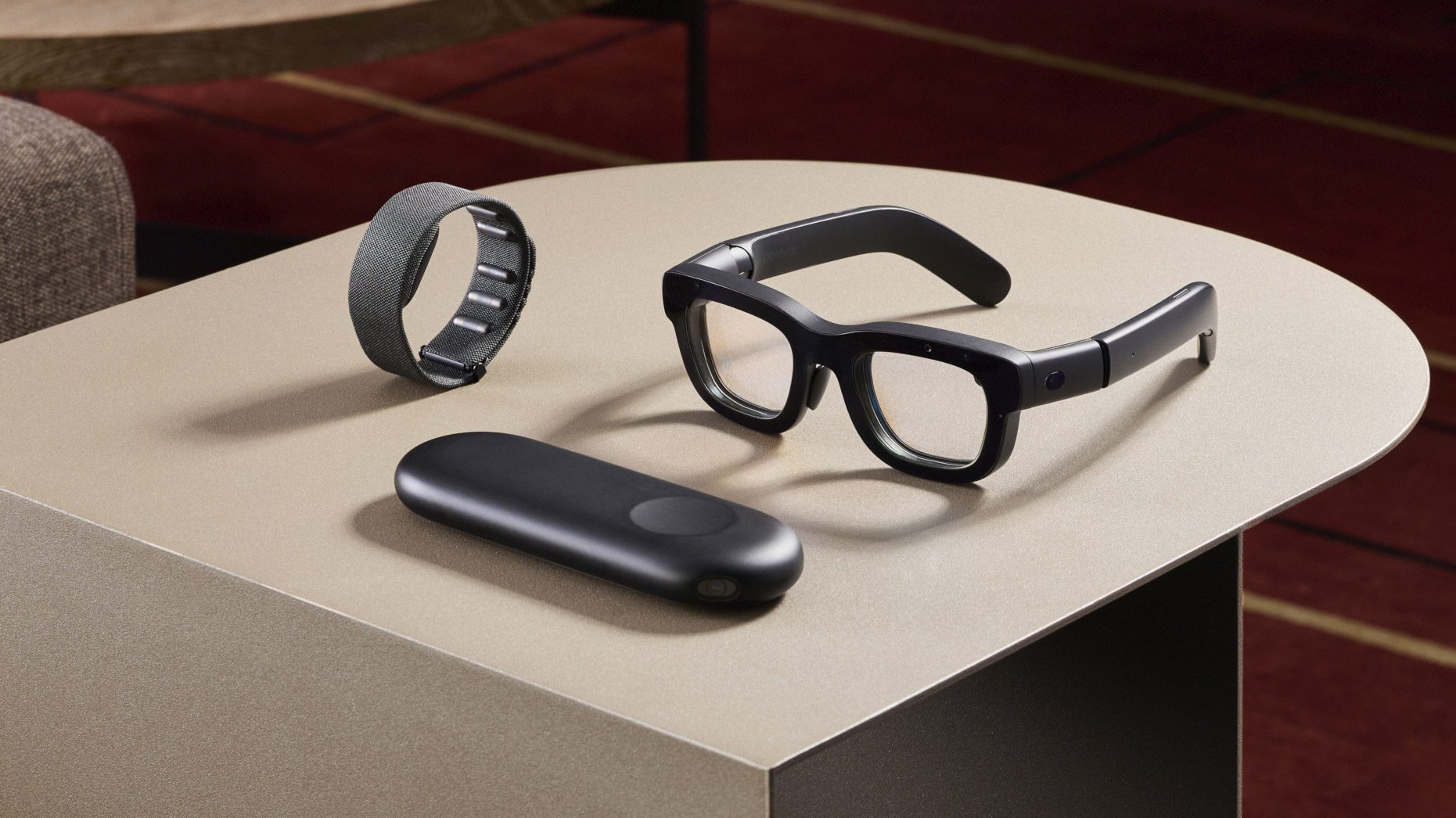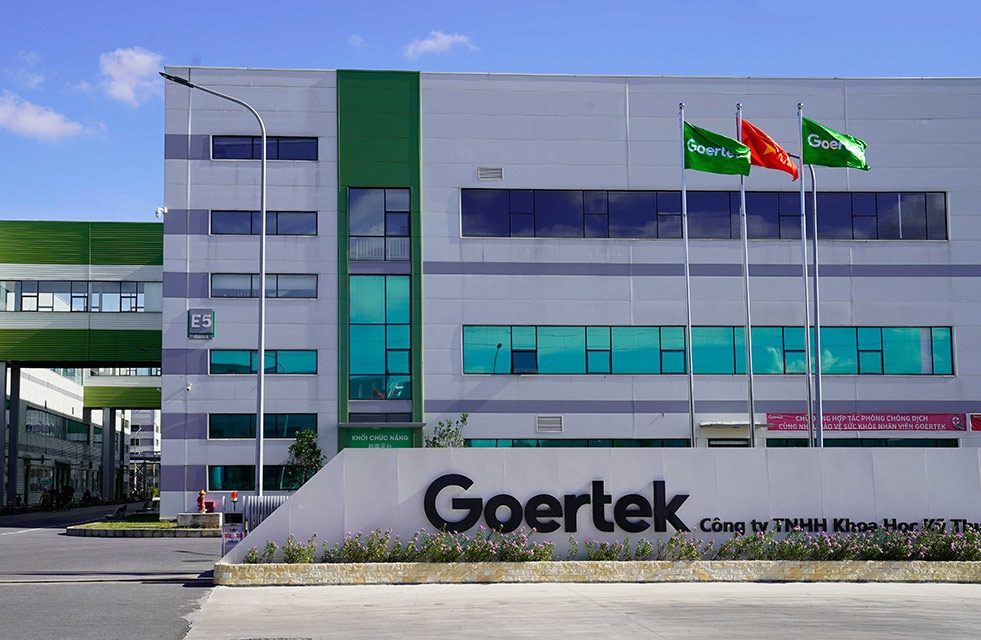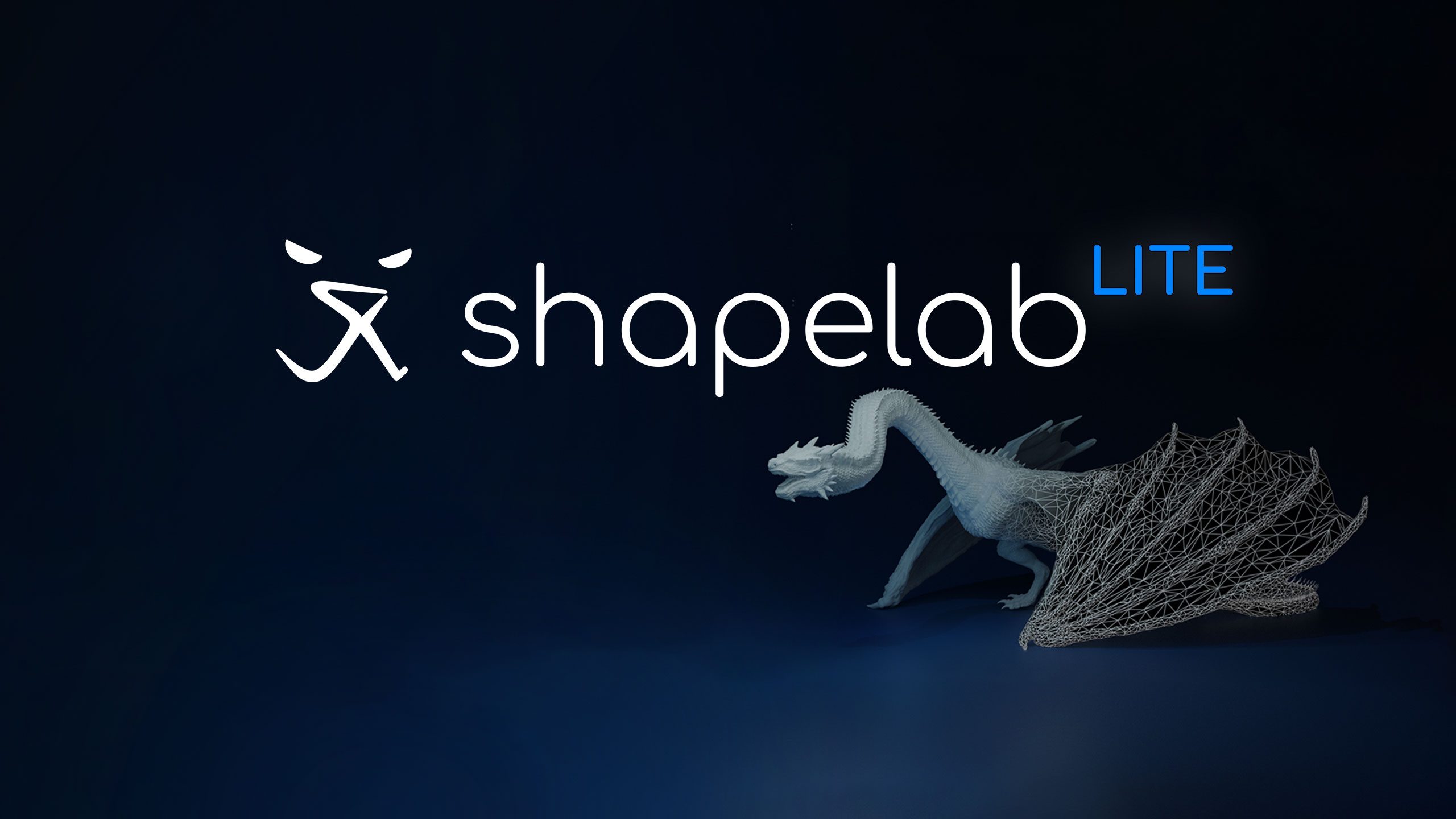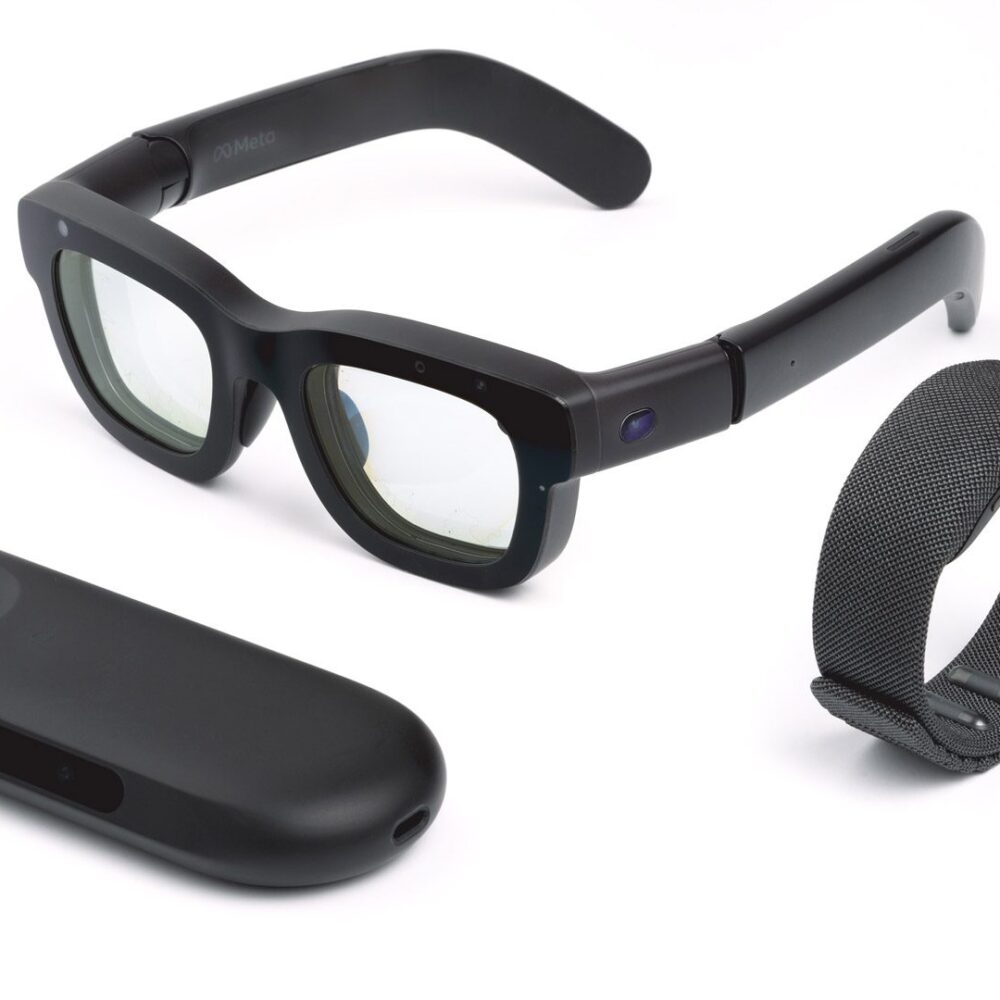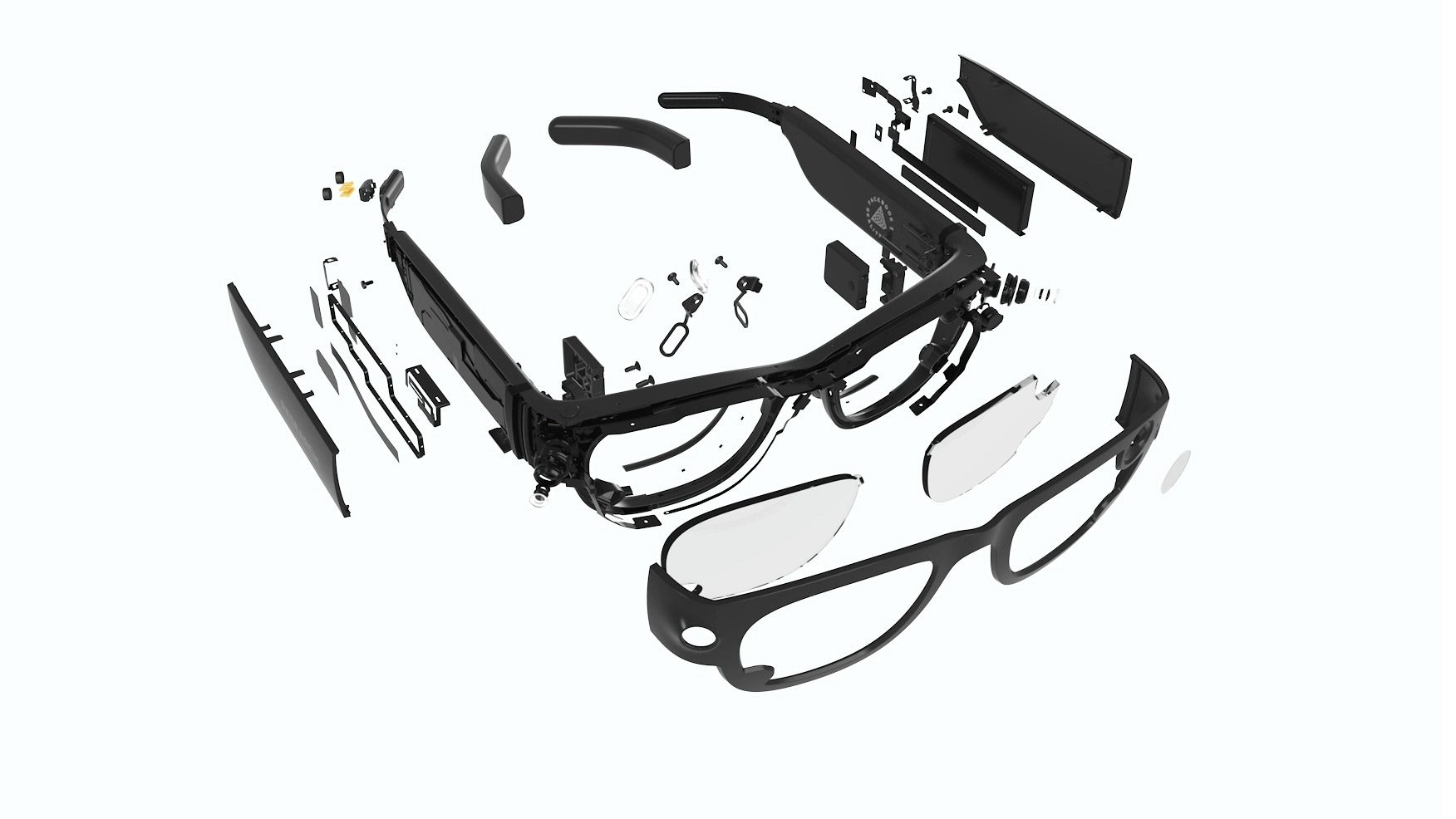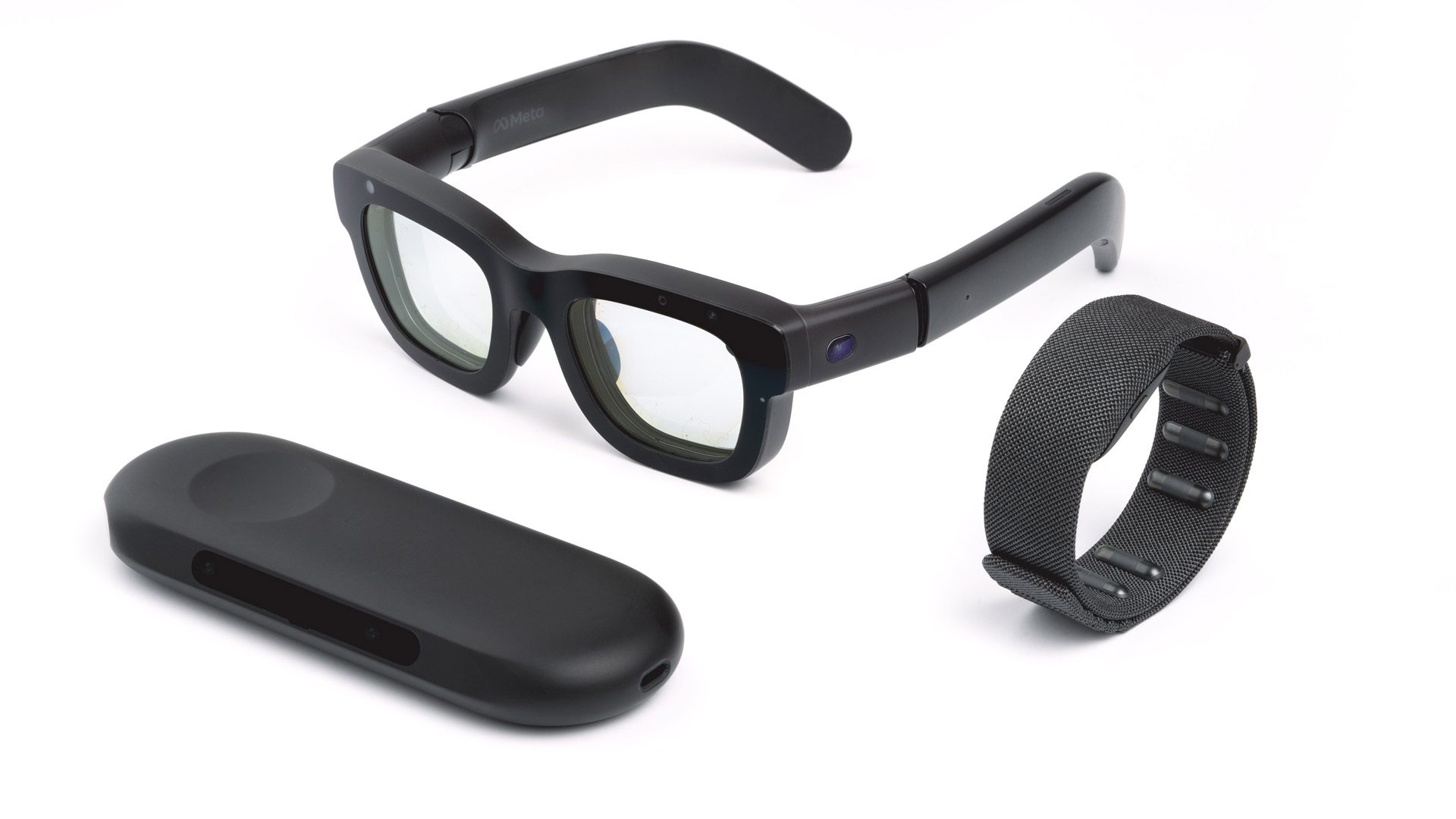Meta Quest Pro wasn’t really the prosumer hit it was chalked up to be, leading the company to discontinue its first mixed reality headset a little over two years after release. Now Bloomberg’s Mark Gurman reports Meta is not only working on an ostensible Quest 3 consumer follow-up, but also a “high-end” model that could succeed Quest Pro.
In Gurman’s weekly newsletter, he rounds up a wide range of recent XR news, from Meta possibly including a display in its next Ray-Ban Meta Smart Glasses to reports of Apple winding down Vision Pro production amid decreased demand for the $3,500 headset.
Citing insider sources, Gurman also reported that Meta is “working on Quest 4 VR goggles, as well as a new high-end model that could eventually become a successor to the Quest Pro mixed-reality headset.”
Released in late 2022, Quest Pro marked a significant departure from Meta’s line of consumer standalone headsets, which, at the time, ranged around the $300 mark.
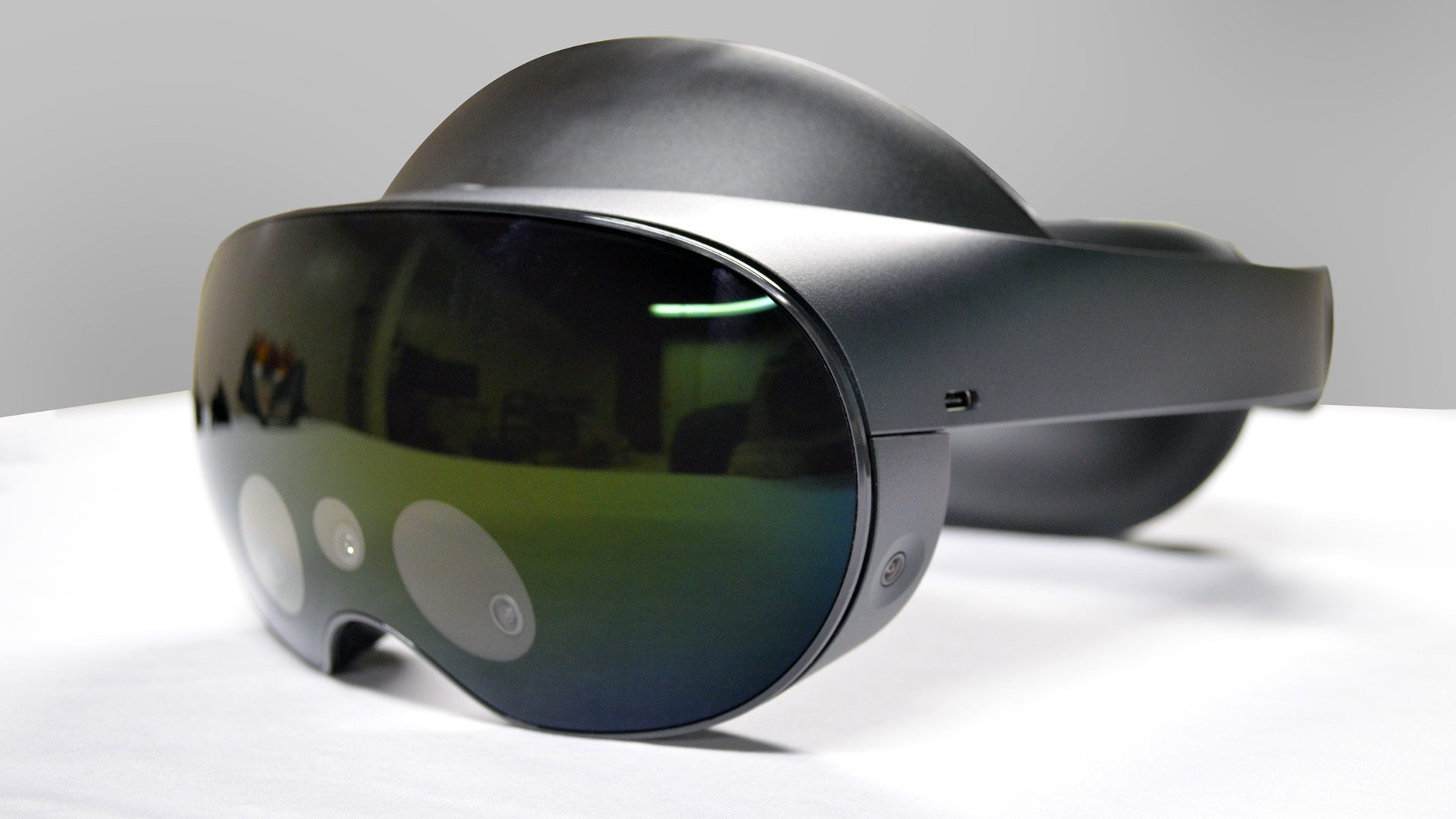
Initially priced at $1,500, the ‘Pro’ level headset offered a host of features over its concurrent Quest 2, such as color-passthrough, pancake lenses, and both face and eye-tracking. Less than five months later though, Meta decreased the price of Quest Pro to $1,000 in an effort to attract more prosumers.
Then, in July 2023, The Information released a report claiming Meta was discontinuing the Quest Pro line entirely, which Meta CTO and Reality Labs chief Andrew Bosworth was quick to contest, stating “don’t believe everything you read.”
An additional report from The Information from July 2024 suggested Meta was switching its ‘Pro’ efforts to instead develop a lightweight mixed reality device resembling “a bulky pair of glasses,” codenamed ‘Puffin’—reportedly set to target a 2027 release date. This comes in addition to Meta’s claim it’s hoping to release a pair of AR glasses before 2030 which will be similar in functionality to its Orion AR glasses prototype.
A follow-up report from The Information released shortly afterwards further claimed a Quest Pro 2 prototype, codenamed ‘La Jolla’, had also been shelved. Bosworth later went on record to confirm that it indeed cancelled La Jolla, and is developing Puffin, although didn’t make mention of whether the company was abandoning its Quest Pro line for good.
– – — – –
Meta’s iterative approach to product development involves spinning up and shutting down prototypes, which Bosworth has outlined in the past as a way the company prioritizes exploration over immediate commercialization. Where projects, like Quest Pro 2 and others, currently are on that continuum is a mystery, making it difficult to tell whether reported stops and starts are actually stepping stones or dead ends, respectively.
Whilst refuting the earlier claim that the Quest Pro line was cancelled, Bosworth noted “there might be a Quest Pro 2, there might not be. I’m not really telling you, but I will say don’t believe everything you read about what’s been stopped or started.”
